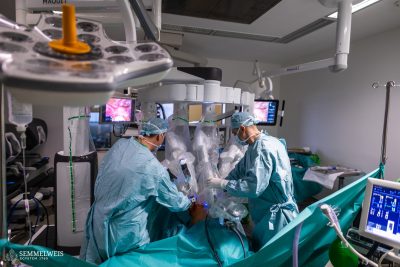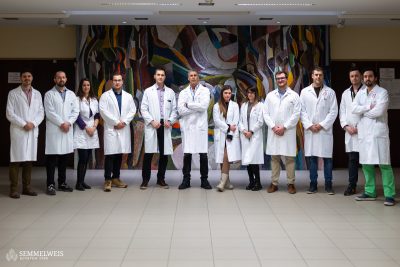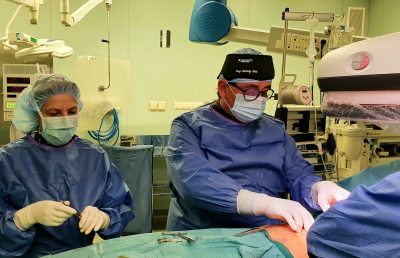Three research groups of Semmelweis University have recently won a 1.3 billion-forint developmental fund within the framework of the Competitive Central Hungary Operational Programme (CCHOP). The winning projects, which are launched on 1st July, are lead by Dr. Erzsébet Ligeti, professor of the Department of Physiology, Dr. Edit Buzás, Director of Genetics, Cell- and Immunobiology and Dr. Christos Chinopoulos, associate professor of the Department of Medical Biochemistry.
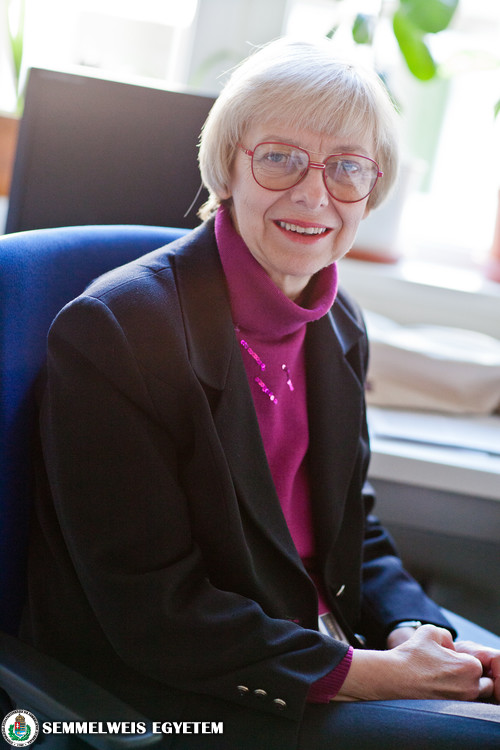 The research project ‘The identification of tissue damaging molecular mechanisms’ led by Dr. Erzsébet Ligeti aims to determine the basics of tissue damaging molecular mechanisms via the study of intra- and extracellular communication. The research will play a significant role in the understanding of inflammatory and cardiovascular diseases and will pinpoint new therapeutic points of attack, thus creating the basis for further research in drug development. One of the project’s main objectives is the strategic support and reinforcement of the University’s internationally acknowledged research groups conducting studies in this area and the establishment of a strategic workshop.
The research project ‘The identification of tissue damaging molecular mechanisms’ led by Dr. Erzsébet Ligeti aims to determine the basics of tissue damaging molecular mechanisms via the study of intra- and extracellular communication. The research will play a significant role in the understanding of inflammatory and cardiovascular diseases and will pinpoint new therapeutic points of attack, thus creating the basis for further research in drug development. One of the project’s main objectives is the strategic support and reinforcement of the University’s internationally acknowledged research groups conducting studies in this area and the establishment of a strategic workshop.
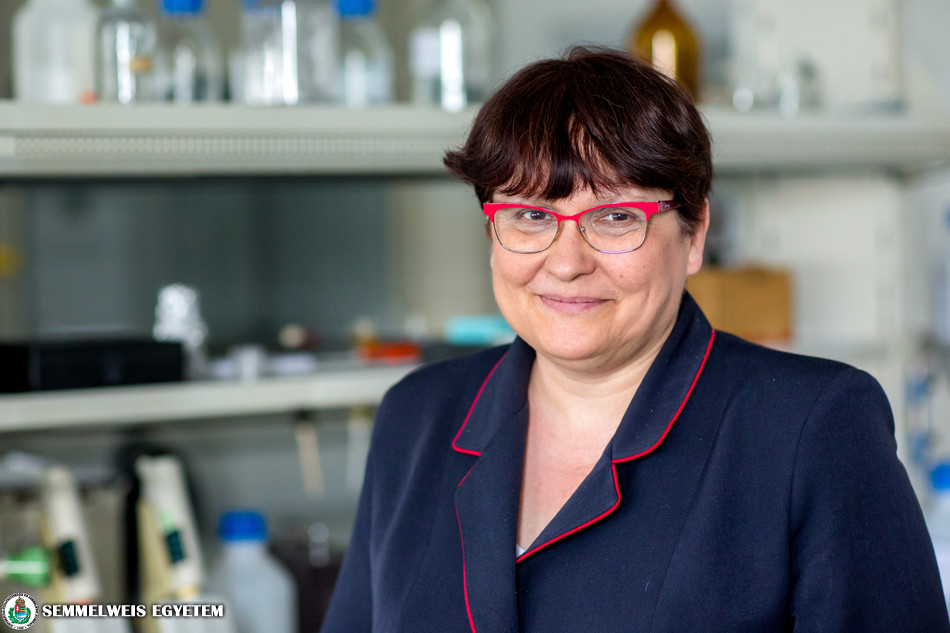 ‘The establishment of the Hungarian Central Extracellular Vesicles Research, Service and Reference Lab at Semmelweis University’ led by Dr. Edit Buzás was one of the winning projects of the tender ‘Strengthening research infrastructure – internationalisation, networking’. Research on extracellular vesicles is one of the most dynamically developing areas of study in almost all fields of medical biology. The detection and isolation of extracellular vesicles require specific equipment and methodology, therefore the infrastructure planned in the project will enable the establishment of a cutting edge lab at Semmelweis University, which would function as a research-, service- reference lab at the same time.
‘The establishment of the Hungarian Central Extracellular Vesicles Research, Service and Reference Lab at Semmelweis University’ led by Dr. Edit Buzás was one of the winning projects of the tender ‘Strengthening research infrastructure – internationalisation, networking’. Research on extracellular vesicles is one of the most dynamically developing areas of study in almost all fields of medical biology. The detection and isolation of extracellular vesicles require specific equipment and methodology, therefore the infrastructure planned in the project will enable the establishment of a cutting edge lab at Semmelweis University, which would function as a research-, service- reference lab at the same time.
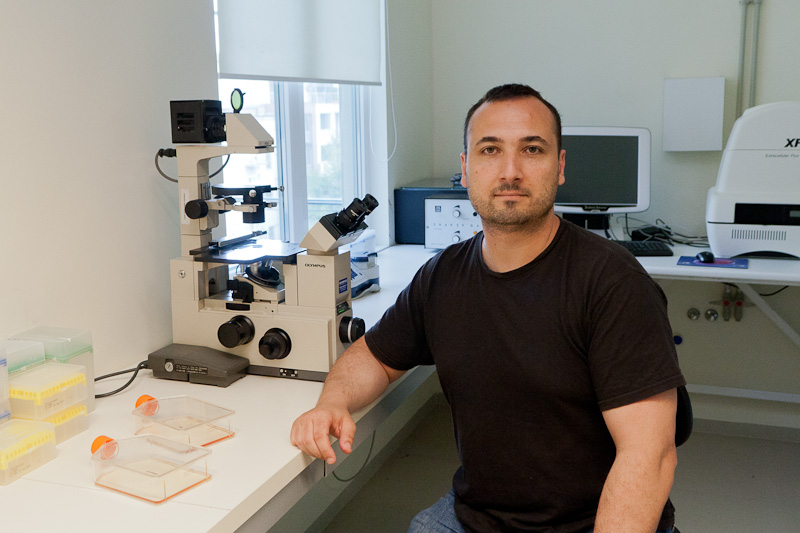 ‘Developing an RPPA platform for the quantitative study of mitochondrial proteins originating from healthy and tumour biopsies’ led by Dr. Christos Chinopoulos is another project that will be realised within the framework of the tender ‘Strengthening research infrastructure – internationalisation, networking’. The mitochondria of tumour cells are able to operate an alternative energy producing mechanism, which plays a significant role in the spread and evolution of the tumour. This alternative energy producing mechanism performed by special enzymes could become a new target of chemotherapy. Besides the study of mitochondrial expression, the project aims to make Semmelweis University an RPPA centre in the Central-Eastern European region and to set up a regional biobank made up of healthy and tumour samples.
‘Developing an RPPA platform for the quantitative study of mitochondrial proteins originating from healthy and tumour biopsies’ led by Dr. Christos Chinopoulos is another project that will be realised within the framework of the tender ‘Strengthening research infrastructure – internationalisation, networking’. The mitochondria of tumour cells are able to operate an alternative energy producing mechanism, which plays a significant role in the spread and evolution of the tumour. This alternative energy producing mechanism performed by special enzymes could become a new target of chemotherapy. Besides the study of mitochondrial expression, the project aims to make Semmelweis University an RPPA centre in the Central-Eastern European region and to set up a regional biobank made up of healthy and tumour samples.
DP
Source: Directorate of Innovation
Translation: Ágnes Raubinek
